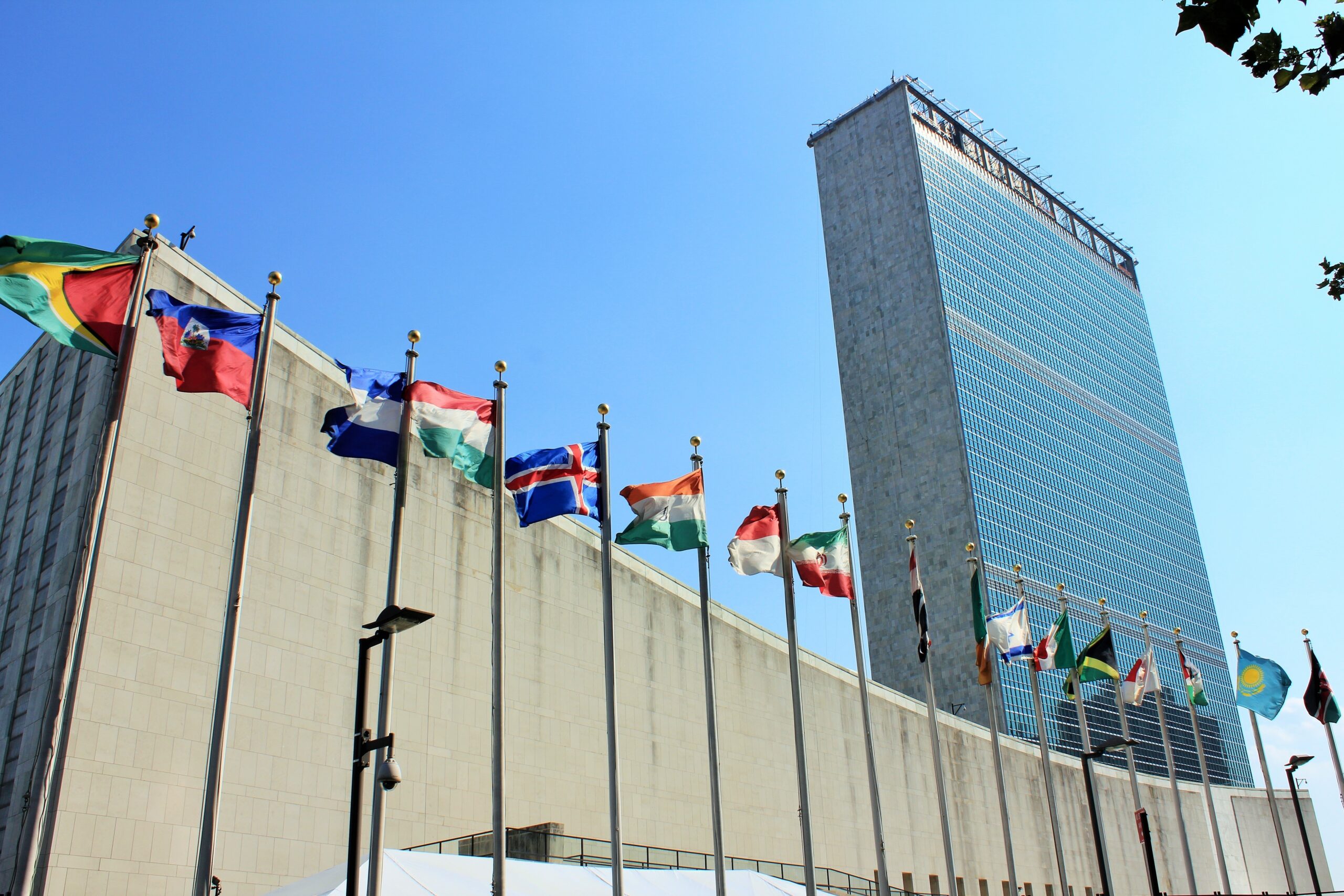Key Insights:
- UN’s unanimous AI resolution marks a historic commitment to ethical AI development, safeguarding human rights, and fostering global collaboration.
- Global consensus on AI governance achieved as 193 UN member states unite to address AI’s ethical use, data protection, and potential risks.
- The resolution catalyzes international efforts to bridge the digital divide, ensuring equitable AI benefits and technological empowerment for developing nations.
The United Nations General Assembly has formally endorsed its inaugural resolution on artificial intelligence (AI). Initiated by the United States and supported by a broad coalition of 123 countries, including China, the resolution was unanimously adopted on March 2. This event represents a critical juncture, showcasing a unified commitment among all 193 U.N. member states to the ethical development and application of AI technologies.
Global Unity on AI Governance
The resolution emphasizes the collective aspiration of the international community to foster the responsible creation, deployment, and utilization of AI systems. It highlights the essential objectives of safeguarding human rights, ensuring personal data protection, and diligently monitoring AI to identify and address any emergent risks preemptively. The unanimous support for this resolution signals a robust global consensus on the imperative for collaborative regulation of AI.
Furthermore, the resolution acts as a clarion call for nations to establish regulatory frameworks that advocate for the secure and conscientious use of AI. It draws attention to the necessity of international collaboration in narrowing the technological divide, ensuring that developing countries are integrally involved in AI discourse. The resolution aims to empower these nations with the technology and expertise needed to harness AI for various beneficial applications, including healthcare, disaster management, agriculture, and vocational training.
Addressing AI Challenges and International Efforts
The resolution’s adoption comes against a backdrop of growing concerns over AI’s potential misuse, including its capacity to disrupt democratic processes, escalate fraudulent activities, and cause substantial job displacement. In light of these concerns, nations around the world have been exploring measures to guide the ethical advancement of AI.
In response, notable agreements have been forged among countries like the United States and the United Kingdom, focusing on securing AI from potential misuse. These agreements advocate for the creation of AI systems that are secure by design and adhere to international norms and standards.
Regulatory Advances and Global Collaboration
The European Union has taken a pioneering stance with the adoption of the world’s first comprehensive AI regulations, poised to take effect in the near future. These regulations introduce stringent restrictions on specific AI applications, including biometric surveillance and social scoring systems, showcasing the EU’s dedication to upholding ethical standards in AI development.
The resolution also acknowledges the initiatives undertaken by national governments, such as the United States, to address AI-related risks through executive orders and other policy measures. These initiatives aim to safeguard consumers, workers, and minority groups while bolstering national security.
The unanimous endorsement of the UN’s AI resolution marks a pivotal step towards establishing a cohesive framework for global AI governance. It reflects the collective determination of the international community to leverage the potential of AI responsibly while confronting its challenges head-on. As nations continue to grapple with the complexities of AI development, this resolution lays down foundational principles that will guide ongoing and future efforts to ensure that AI technologies are developed and utilized in ways that are beneficial to all of humanity.
The resolution not only fosters a pathway for secure and ethical AI development but also sets a precedent for global cooperation in the digital age. By emphasizing the need for regulatory frameworks and international collaboration, it aims to ensure that the advancements in AI contribute positively to society while mitigating associated risks.
Editorial credit: Arnaldo Jr / Shutterstock.com
